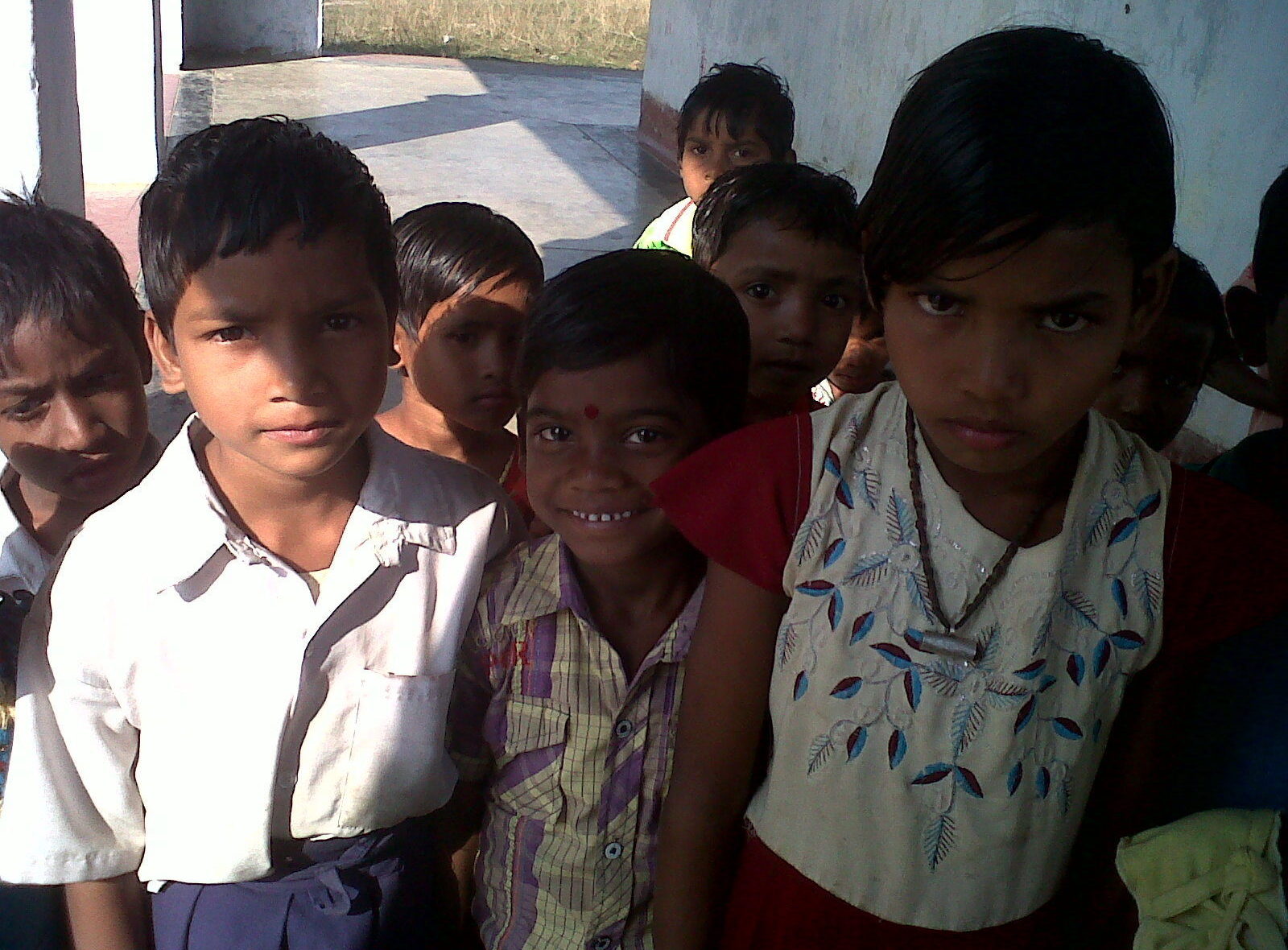COVID-19 and its impact on children: worried, upset, bored, they are grappling with changed routine, says CRY report
How they are grappling with this "change" in their lives.
As the COVID-19 pandemic completes year since the country-wide lockdown was announced, a recent study highlights how the crisis has impacted children’s psycho-social well-being in the intervening months.
The study, “Understanding Children’s Experiences During the COVID-19 Pandemic: Stressors, Resilience, Support And Adaptation’, conducted jointly by Child Rights and You (CRY) and The School of Human Ecology, Tata Institute of Social Sciences (TISS), tried to understand children and adolescents’ experiences of stress during the lockdown and how they have been coping with the pandemic.
The children were vulnerable to trauma and other adverse psycho-social issues. Their anxiety was compounded by the dwindling family economy, prolonged school closure and home confinement, said the study.
Almost half the child-respondents (48.7%) reported that their daily routine had “changed a lot”, and a little less than 50% reported of “feeling worried” (41.9%) or “bored” (45.2%).
Puja Marwaha, CEO, CRY, said, “The pandemic has particularly impacted children and adolescents, who are not only witnessing the stressors in their families but also experiencing serious disruptions in their schedule and peer-bonding process. For this CRY collaborated with TISS to conduct a pan-India study with children across diverse socio-economic contexts. The findings throw light on children’s resilience in the face of this pandemic and the role of family support in helping them build such resilience.”
More than one-fourth of the children said that engaging in recreation, such as playing (26.4%), listening to music (10.4%), or watching TV (10.2%), enabled them to soothe themselves when they felt upset or worried.
Prof. Shalini Bharat, the vice-chancellor of TISS, said, “The study highlights the numerous stressors children are facing such as financial stressors, lack of play time and peer relationship, access to schools and schooling. These findings can help organisations and professionals working with children and adolescents, to plan targeted and responsive interventions.”
A total of 821 children – 470 girls and 351 boys within the age-group of 9 to 17 years across 13 cities namely Delhi, Mumbai, Bangalore, Hyderabad, Kolkata, Chandigarh, Indore, Pune, Siliguri, Darjeeling, Imphal, Moreh and Pattan participated in the study.
Almost half of the participants (44%) were within the age-group of 12 to 14 years, followed by 35.9% who were within 15 to 17 years, and about one-fifth of the children (19.9%) within 9 to 11 years. More than half of the respondents (65.7%) came from families where the parents had received little or no formal education, and majority of the parents working as labourers (52.1%), followed by self-employed persons (25.4%).
[Image representational]


Comments are closed.